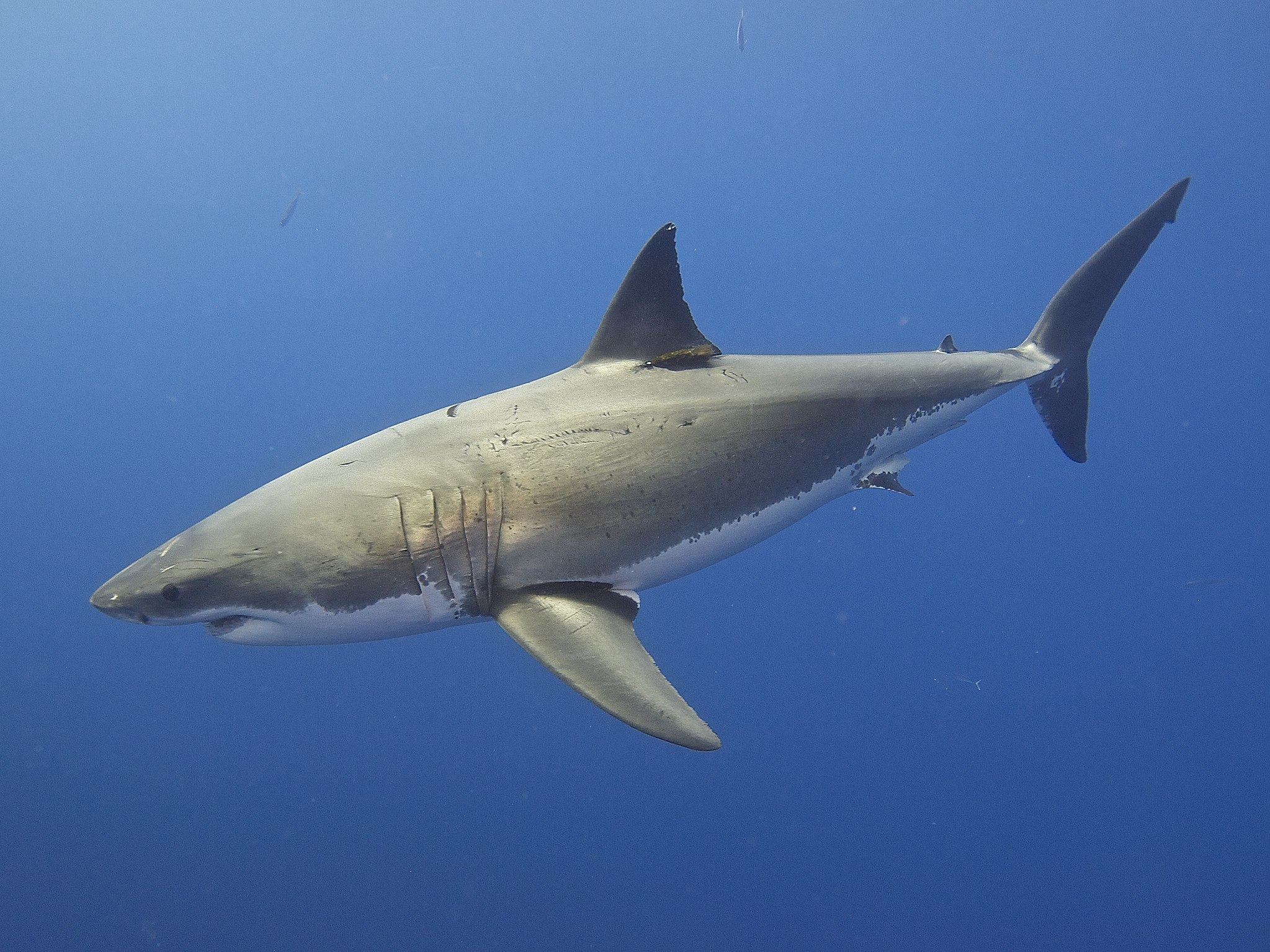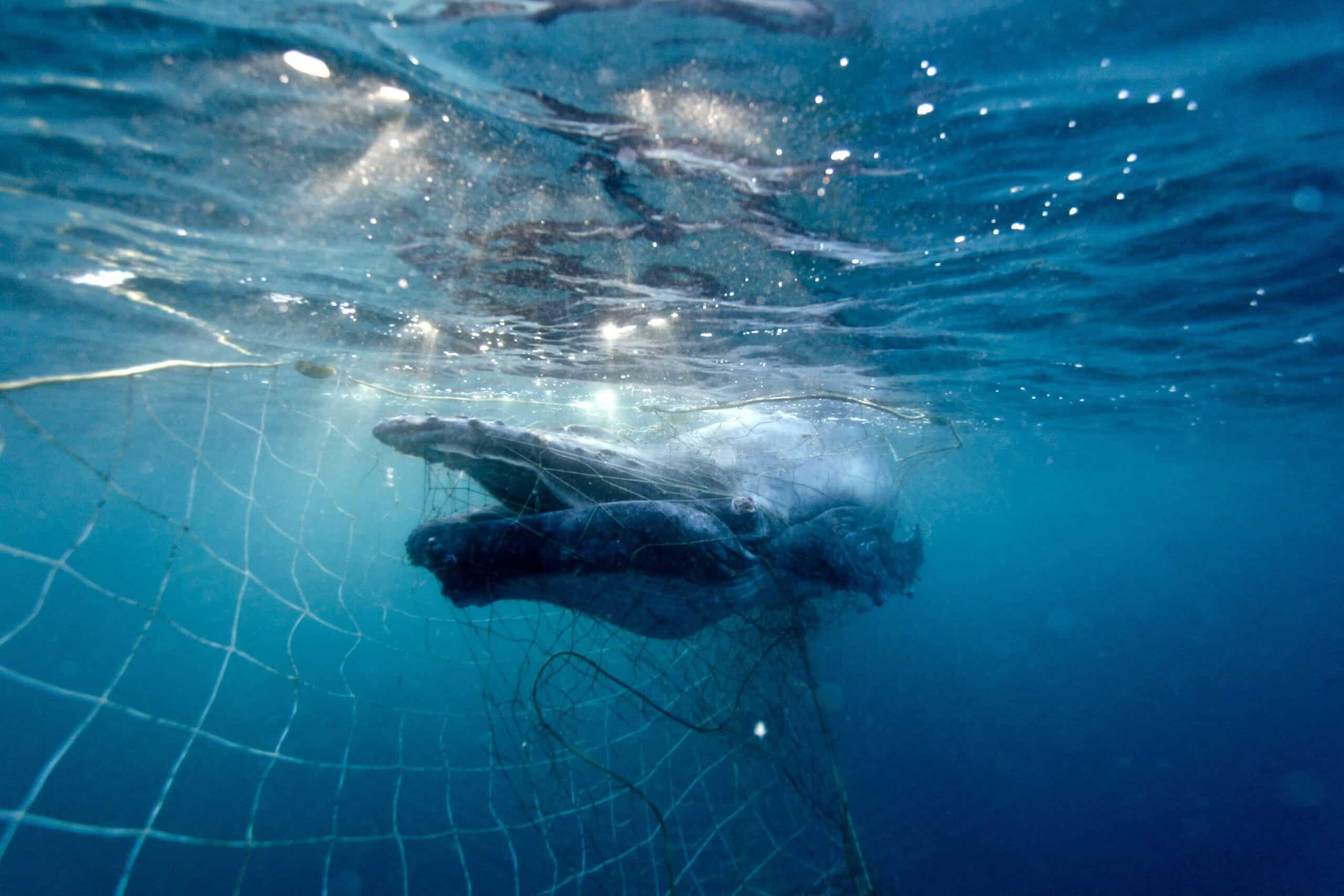Research shows that Australia’s great white sharks are highly related to each other and may consist of fewer than 500 breeding animals. SYDNEY, 24 June 2025: Latest research has found Australia’s great white shark population is much smaller than expected, increasing their vulnerability to further population threats. The population...
This Friday 19th June marks the inaugural World Albatross Day, and the 20th Anniversary of the signing and coming into force of the Agreement on the Conservation of Albatrosses and Petrels (ACAP), the agreement responsible for coordinating the activities of 13 nations in their efforts to better conserve and protect albatrosses and petrels.
The first World Albatross Day comes as the world deals with the COVID-19 pandemic, which will also impact on the conservation of albatrosses.
“In 2019 ACAP declared albatrosses were facing a conservation crisis and urgent action needed to be taken to protect populations. COVID-19 risks the situation worsening for the albatross with critical meetings delayed or cancelled, and essential observers prevented from getting on board fishing vessels due to infection risk,” said HSI’s Senior Campaign Manager Alexia Wellbelove.
Albatross are magnificent birds who spend much of their life at sea. This puts them at significant risk, with an estimated 36,000 albatrosses and petrels drowning in the Southern Ocean on fishing lines each and every year.
“HSI hopes that World Albatross Day can raise the plight of the albatross and ensure all nations commit to greater conservation efforts to conserve these majestic birds. All nations must do more to ensure they are putting in place best practice measures to reduce albatross deaths and avoid the loss of these iconic species,” said Ms Wellbelove.
“The inaugural World Albatross Day comes at a time when the world has been turned upside down by a global pandemic. I hope this crisis reminds us how much we must treasure the natural environment of which we are custodians. To paraphrase the words of Sir Geoffrey Palmer (former New Zealand Prime Minister), who in May 1990 was speaking about whales, if we allow albatrosses to become extinct, how can we imagine ourselves capable of solving the many other environmental problems the world faces?” said Dr Christine Bogle, ACAP Executive Secretary.
“Let’s all take time on World Albatross Day 2020 to ask why the majestic albatrosses are among our most threatened species, what we can do personally, and how we can advocate locally and internationally to help ensure the long-term conservation of these species for present and future generations,” said Jonathon Barrington, Australian Antarctic Division, Department of Agriculture, Water and the Environment; Australia’s National Representative to ACAP.
HSI has worked on the conservation of the world’s albatrosses and petrels for more than 20 years, from playing a role in instigating ACAP to nominating a significant number of albatross species for protection under the federal Environment Protection and Biodiversity Conservation Act 1999 (EPBC Act) as well as working to address the threats these ocean wanderers face domestically and internationally.


